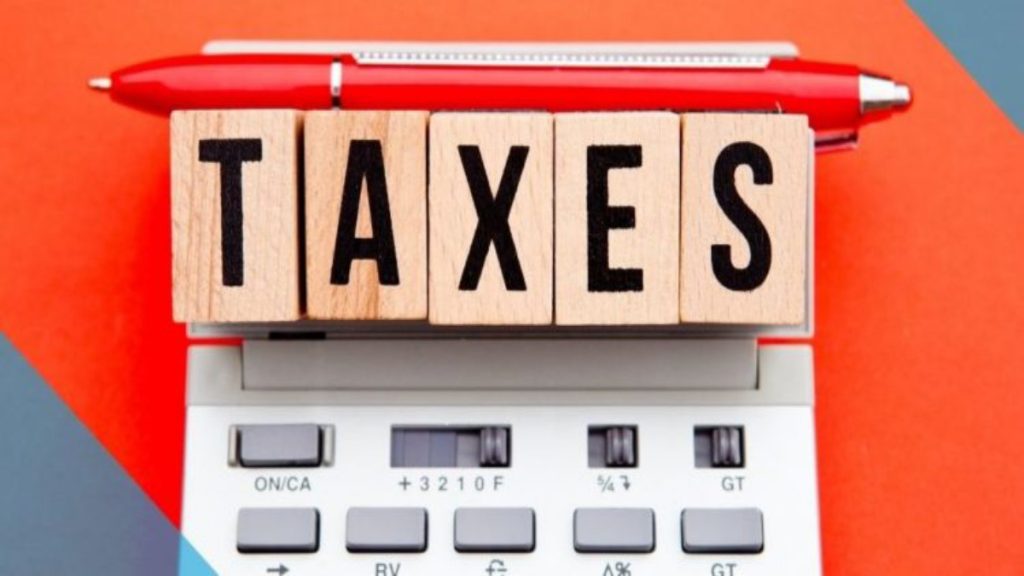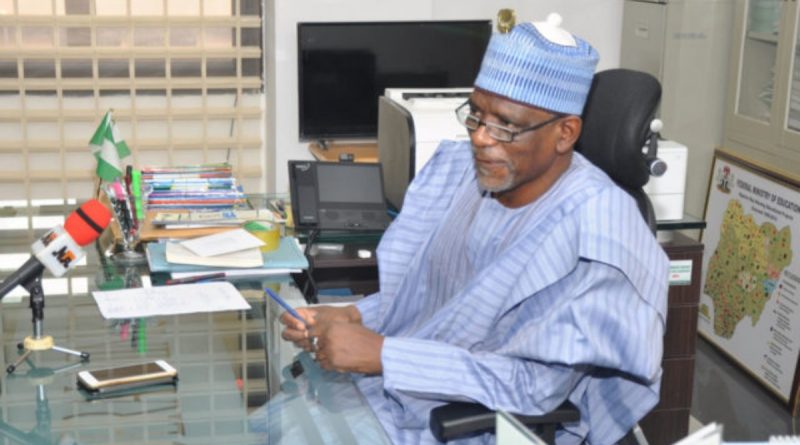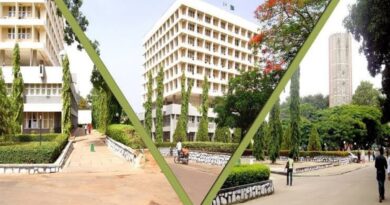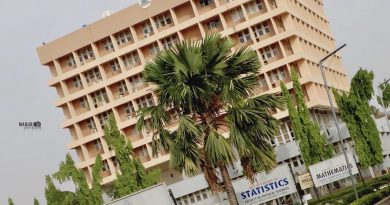The Proposal To Increase Education Tax
The Tertiary Education Trust Fund (TETFund) has called for the upward review of the education tax to three percent. According to the agency, the increase is premised on the need to boost education tax collection to advance tertiary education in Nigeria.
The administrators of the fund also said that this was in tandem with the goals of different economies, which holds not just for Nigeria but for most of Africa, where governments were already struggling to bring in adequate tax revenues before the pandemic and are presently faced with an even more precarious situation as their debts become more difficult to manage.

It is instructive to note that TETFund was established by the Federal Government in 2011 as an intervention agency to provide supplementary support to all levels of public tertiary institutions, with the main objective of using funding alongside project management for the rehabilitation, restoration, and consolidation of tertiary education in Nigeria.
The tertiary education tax is imposed on every Nigerian company at the rate of 2.5 percent (as amended in the 2021 Finance Act) of the assessable profit for each year of assessment.
It is gratifying to note that from 1998-2018, a total of about N1 trillion has been disbursed by TETFUND to universities, polytechnics, and colleges of education, and as of 2021, 221 institutions were beneficiaries of the fund including 87 universities, 65 polytechnics, and 69 colleges of education. Indeed, the agency is seeking an increase of 0.5 percent to be able to carry out more interventions in tertiary institutions.
In the considered opinion of this newspaper, this has become pertinent if not imperative given the incessant industrial actions in tertiary institutions in the country due to poor working conditions, decrepit infrastructure, and obsolete equipment. Also, the big elephant in the room is the issue of poor funding of tertiary institutions by successive administrations.
Regrettably, in our opinion, funding for the education sector has been abysmal. Some experts have recommended that Nigeria needs at least N2 trillion to revive the sector and make it internationally competitive.
According to reports, N55.3 trillion was allocated by the Buhari administration to education in the last six years (2016 and 2021), and only N3.5 trillion representing less than 10 percent has been disbursed to the sector. This, on all accounts, is not good enough. Sadly, this has been the grouse of the Academic Staff Union of Universities, ASUU, which has embarked on strike for 16 months since the inception of this democratic dispensation in 1999 mainly because of funding issues.
Similarly, the Academic Union of Polytechnics has also embarked on strike countless times in the last few years. Industrial actions have become synonymous with tertiary education in the country. It is noteworthy that the main issue has always been poor funding of the education sector.
Experts have contended that the federal government alone cannot continue with the funding of tertiary institutions in view of the dwindling revenue and the seemingly uncoordinated expansion of the sector inspired, essentially, by political expediency.
There is no denying the fact that TETfund has done well in improving and upgrading the infrastructure of some tertiary institutions but more work needs to be done. Indeed, most campuses of tertiary institutions in the country are replete with decayed infrastructures such as hostels, lecture halls, and roads. Some hostels are not even fit for human habitation. This makes it exceedingly compelling for tertiary institutions to be fully funded to compete with their counterparts in developed countries.
However, many Nigerians are worried that the few small and medium businesses that are paying taxes are already overburdened with multiple taxations. In some states, some businesses pay more than 20 different taxes. In Nigeria, according to the Joint Tax Board, only 10,006,304 Nigerians pay tax. That is five percent of Nigerians carrying the burden of 200 million or more people.
In our view, the tax net should be widened to accommodate more taxpayers to avoid asphyxiating the few companies and wage earners whose incomes are known and are easily taxable taxes. Also, most multiple taxes should be eliminated.
Nevertheless, we support the increase of the education tax funds to three percent because we believe it will go a long way in solving some of the problems associated with tertiary education in the country. We also expect the institutions to think outside the box on how to explore other sources of funding as is obtainable in other countries, especially in Europe and America.
Editorial by leadership.ng








